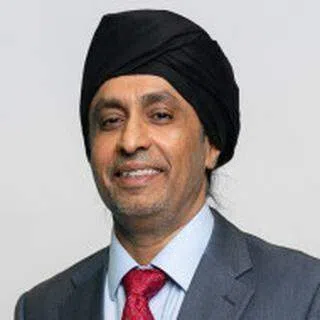India, Russia and the Northern Sea Route: Navigating a shifting strategic environment
With China intensifying its interest in the Arctic's Northern Sea Route, India also looks to subtly increase its cooperation with Russia in the shipping route which can significantly reduce sailing time between Europe and Asia. But India has strategic reasons of its own to do so.
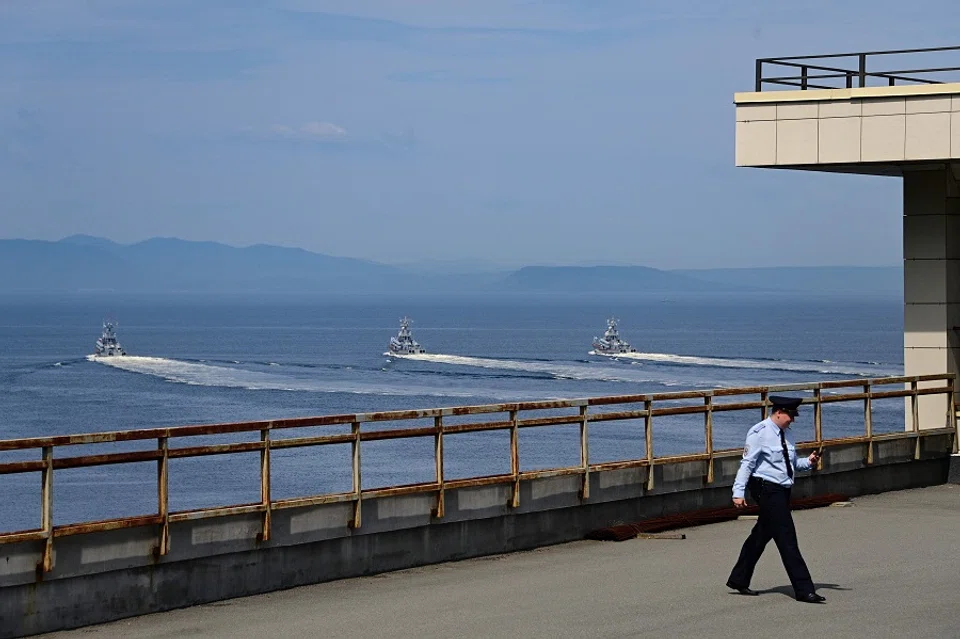
The Northern Sea Route (NSR), also known as the Northeast Passage (NEP), is a shipping route connecting the eastern and western parts of the Arctic Ocean. The 13,000-kilometre NSR is shorter than the 21,000-kilometre Suez Canal route, and can reduce sailing time between Europe and Asia from one month to less than a fortnight.
On 6 June 2023, Russian Prime Minister Mikhail Mishustin spoke at a strategic session on the NSR. The session evaluated the progress of the "Northern Sea Route development plan" which was approved by the Russian government in August 2022 that "includes [the] construction of more than 50 icebreakers and ice-class vessels, ports and terminals, emergency and rescue centres, [and] building an orbital group of satellites". Russia has pledged 2 trillion rubles (US$21.4 billion) over the next 13 years to the development of the NSR.
Stronger Russia-India ties
On 27-28 March 2023, Alexei Chekunkov, the Russian minister for the development of the Far East and the Arctic, visited India to meet with Indian business circles and officials to discuss the transportation of goods through the NSR via Russian and Indian ports. The meeting confirmed the development of transport and logistics links via the NSR, the Arctic and Far Eastern Railway, and port infrastructure between India and Russia.
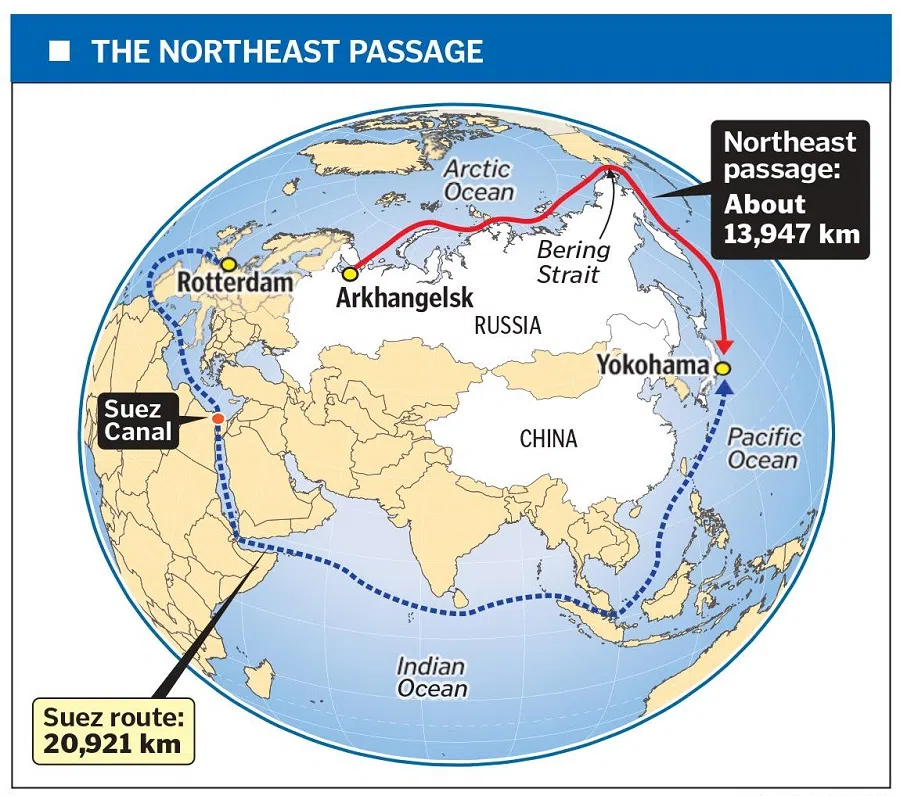
India was recorded as the largest buyer of Russian crude petroleum oil and the second-largest buyer of Russian oil after China in 2022. Russian exports of crude petroleum oil to India increased significantly from US$1,221 million in 2018 to US$24,988 million in 2022, and overall Russian exports to India increased from US$8,695 million in 2021 to US$46,342 million in 2022. The NSR will provide India and Russia with the ability to increase bilateral trade further through its reliable and secure transportation of goods.
Since 1 June 2023, the Chinese government has obtained approval for the use of the port in Vladivostok as a transhipment port for goods shipped from northeastern China's Jilin province to domestic destinations in China. For India, this was greater evidence of China gaining a foothold in the NSR within the context of Russia's relative isolation in the aftermath of the Ukraine war.
China's involvement in the NSR initiative thus makes it imperative for India to take part in it as well.
India's perspective
The above developments suggest a clear attempt by Russia to develop alternative shipping routes in the aftermath of sanctions imposed by European states on Russian oil and gas exports. From India's perspective, there are three clear reasons to be part of Russia's plans to develop the NSR.
Balancing China
Firstly, India cannot afford an isolated Russia, especially one that becomes increasingly dependent on China. India's relationship with China has continued to worsen since the Doklam crisis of 2017 and border skirmishes continue to make the possibility of an India-China border conflict increasingly likely. Pakistan's increasing dependence on China creates a further source of anxiety for Indian leaders, especially since the Balakot incident in 2019.
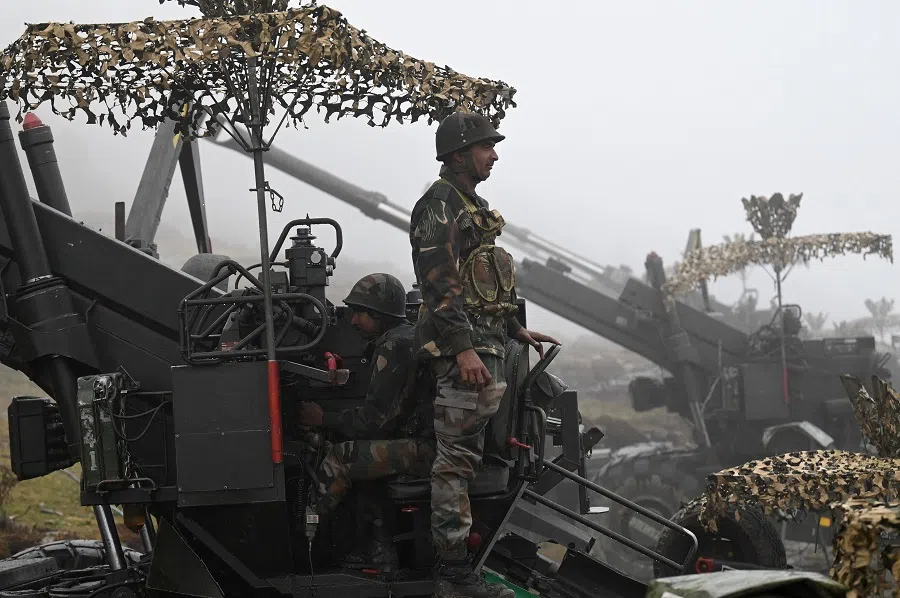
China's involvement in the NSR initiative thus makes it imperative for India to take part in it as well. An increasingly isolated Russia, which would inadvertently become dependent on China will increase Indian anxieties. A China-Russia bloc, with Russia as the junior partner will unravel one of India's strongest defence partnerships.
India is increasingly diversifying its weapon acquisitions away from Russia but remains heavily dependent on Russian-made hardware. In addition, in the event of a border conflict with China, an increasingly isolated Russia siding with China will prove highly detrimental to India, given that it borders Pakistan, another dependent junior partner of China.
Maintaining autonomy
Secondly, in a period of increasing strategic flux, India wants to establish as much strategic flexibility as possible. In India, this is often referred to as "strategic autonomy". India's defence relationship with the US and the US's allies, such as Japan, Australia and European states such as France, has grown significantly over the past decade. This, to a large extent, has been driven by Indian misgivings about China's intentions and actions on the shared border as well as within the South Asia and broader Indian Ocean region.
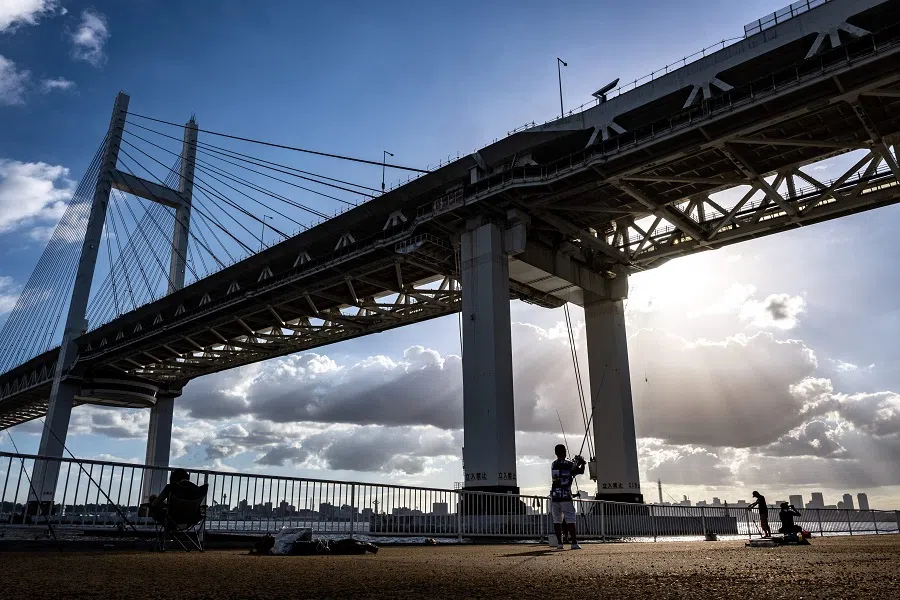
However, Indian strategic thinking has always been dominated by concerns about the reliability of the US and the perils of over-reliance on the US for defending India's security interests. Instead, Indian leaders have tried to craft as much strategic manoeuvrability as possible internationally by growing strategic relations with as many countries as possible.
Despite growing defence ties with the US, there remains within the Indian bureaucracy and society a deep-seated suspicion of the US and "Western" intentions.
India's refusal to openly criticise Russia and its refusal to forgo Russian energy imports in the aftermath of the Ukraine invasion demonstrates Indian attempts to maintain its strategic autonomy in instances where its interests do not completely align with that of the US and its allies.
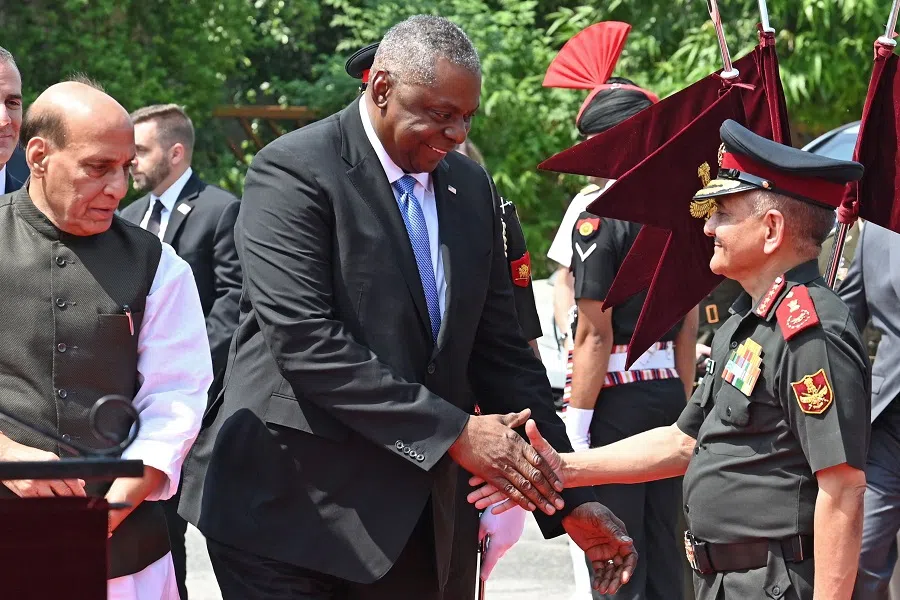
Despite growing defence ties with the US, there remains within the Indian bureaucracy and society a deep-seated suspicion of the US and "Western" intentions. Pro-Russian sentiment has always been a comfortable response to the deep-seated unease towards the US and the "West" for sections of the bureaucracy and society.
Port-led growth initiative
Thirdly, India views this as an opportunity to build on its own port modernisation and expansion plans under its Sagarmala initiative. The Sagarmala initiative is an Indian government attempt to modernise Indian ports and to link these Indian ports externally for port-led growth. In the case of the NSR, the Chennai-Vladivostok maritime corridor holds potential as part of India's Sagarmala initiative. The Chennai-Vladivostok maritime trade corridor, which is seemingly in the final stages of discussions, is expected to cover the Sea of Japan, East China Sea and the South China Sea through the Malacca Strait to reach the Bay of Bengal.
The proposed corridor is expected to take 12 days from Chennai port to Vladivostok comprising 5,647 nautical miles in comparison to the traditional European route operationalised in 2000 from the Port of Mumbai to the Port of St Petersburg, Russia, through the circuitous route covering the Red Sea, Mediterranean Sea and Baltic Sea that takes 32 days to cover 8,675 nautical miles.
The aim is for India, with Russian assistance, to build ports, roads and energy infrastructure in this satellite city, investing in Vladivostok's future key role as part of the NSR.
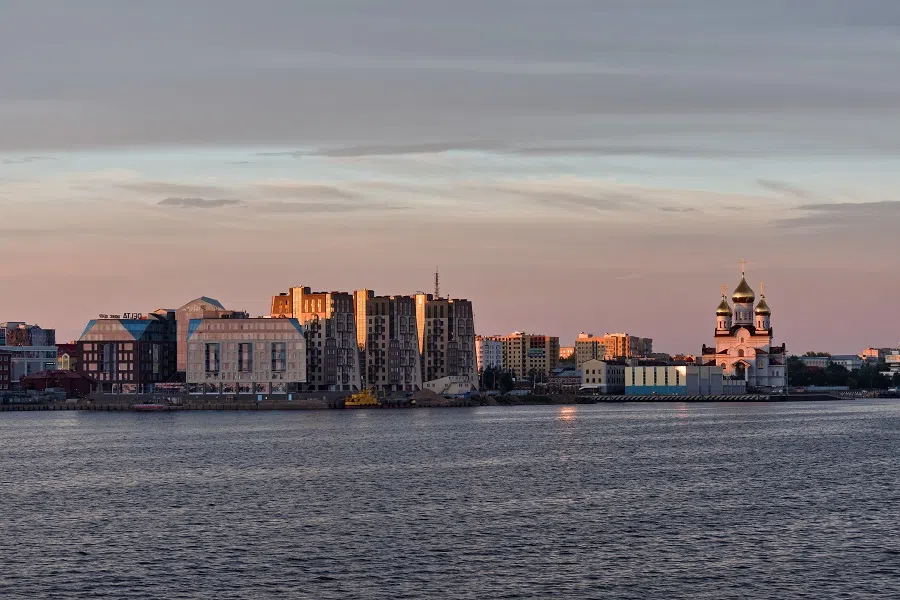
Besides cutting down significantly on cargo shipping time between India and Russia, the proposed Chennai-Vladivostok maritime corridor will connect to the NSR, with Vladivostok as a transhipment point. India had identified Vladivostok's position as a key transhipment hub even before the Ukraine conflict broke out.
In 2021, PM Modi announced India's intention to build a satellite city close to Vladivostok, leveraging the latter's position as part of India's "Look Far East" policy. The aim is for India, with Russian assistance, to build ports, roads and energy infrastructure in this satellite city, investing in Vladivostok's future key role as part of the NSR.
Another option for Russia
Overall, the NSR offers India certain distinct opportunities. It allows India to be a partner to an increasingly isolated Russia and offers the latter options beyond dependence on China alone.
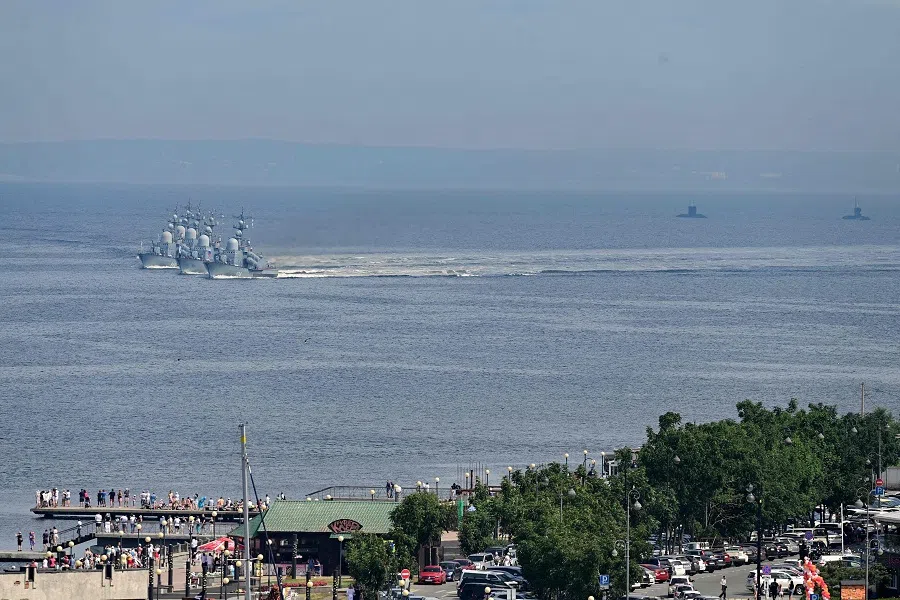
Secondly, it fits into India's broader strategy of establishing strategic space for itself amidst increasing global strategic flux. Lastly, the NSR offers opportunities for India's own Sagarmala initiative for port modernisation and port-led development.
We can thus expect the Indian government to enthusiastically support Russia's moves to develop the NSR as a viable alternative to the Suez Canal route. Rising sea temperatures that provide easier access to the NSR will increasingly make this a more viable alternative.
